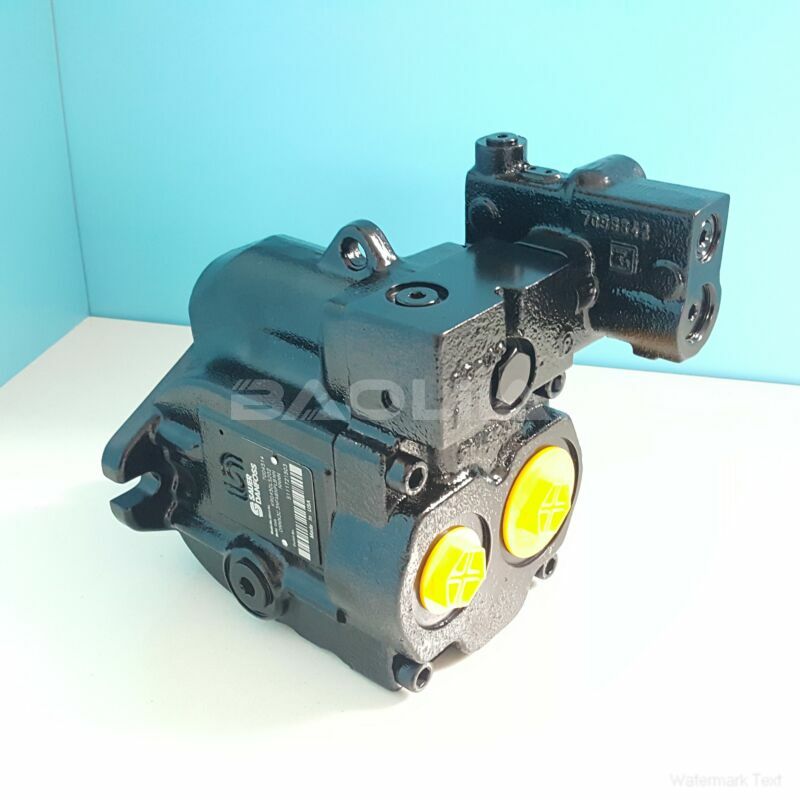KRR045DPC12NNNNN3C2NFA6NPLBNNNNNN hydraulic pump
KRR045DPC12NNNNN3C2NFA6NPLBNNNNNN hydraulic pump

- Product Details
- Applicable Scene
The design of hydraulic oil pumps plays a pivotal role in the effectiveness and efficiency of hydraulic press systems utilized in various applications, including water filtration. Hydraulic systems are renowned for their ability to exert large forces with minimal effort, making them ideal for processes requiring high pressure and precision. In this article, we will explore the essential considerations in designing hydraulic oil pumps specifically for hydraulic press systems in the context of water filtration.
KR-R-045D-PC-12-NN-NN-N-3-C2NF-A6N-PLB-NNN-NNN
KRR045DPC12NNNNN3C2NFA6NPLBNNNNNN
Hydraulic systems operate based on Pascal’s principle, which states that a change in pressure applied to an enclosed fluid is transmitted undiminished to all portions of the fluid. This principle underlies the operation of hydraulic pumps, which are responsible for converting mechanical energy into hydraulic energy. When designing hydraulic oil pumps for water filtration systems, several key factors must be considered: pump type, flow rate, pressure requirements, fluid compatibility, and efficiency.

11191125
First and foremost, selecting the appropriate type of hydraulic oil pump is crucial. Common types include gear pumps, vane pumps, and piston pumps. Gear pumps are typically favored for applications requiring high flow rates and relatively low pressures, whereas piston pumps are ideal for high-pressure applications. Vane pumps offer advantages in delivering smooth and consistent flow, making them suitable for sensitive filtration processes. The choice of pump type will depend on the specific needs of the hydraulic press system in terms of pressure and flow requirements.
Next, flow rate is a critical parameter in the design of hydraulic pumps. In water filtration processes, maintaining a consistent and sufficient flow rate is essential for optimal filtration efficiency. A well-designed hydraulic pump should provide a steady flow to ensure the effective movement of water through filtration media. When calculating the necessary flow rate, factors such as the size of the filtration system, the type of contaminants being filtered, and the desired output quality must be taken into account.
Pressure requirements also play a significant role in hydraulic pump design. The pump must be capable of generating the necessary pressure to enable the hydraulic press to operate effectively, overcoming any resistance posed by the filtration media. Furthermore, the materials used in constructing the pump must withstand the pressures involved without compromising reliability or safety. Selecting robust materials that can handle both mechanical stress and the chemical properties of hydraulic fluids is essential for optimal performance and longevity.





